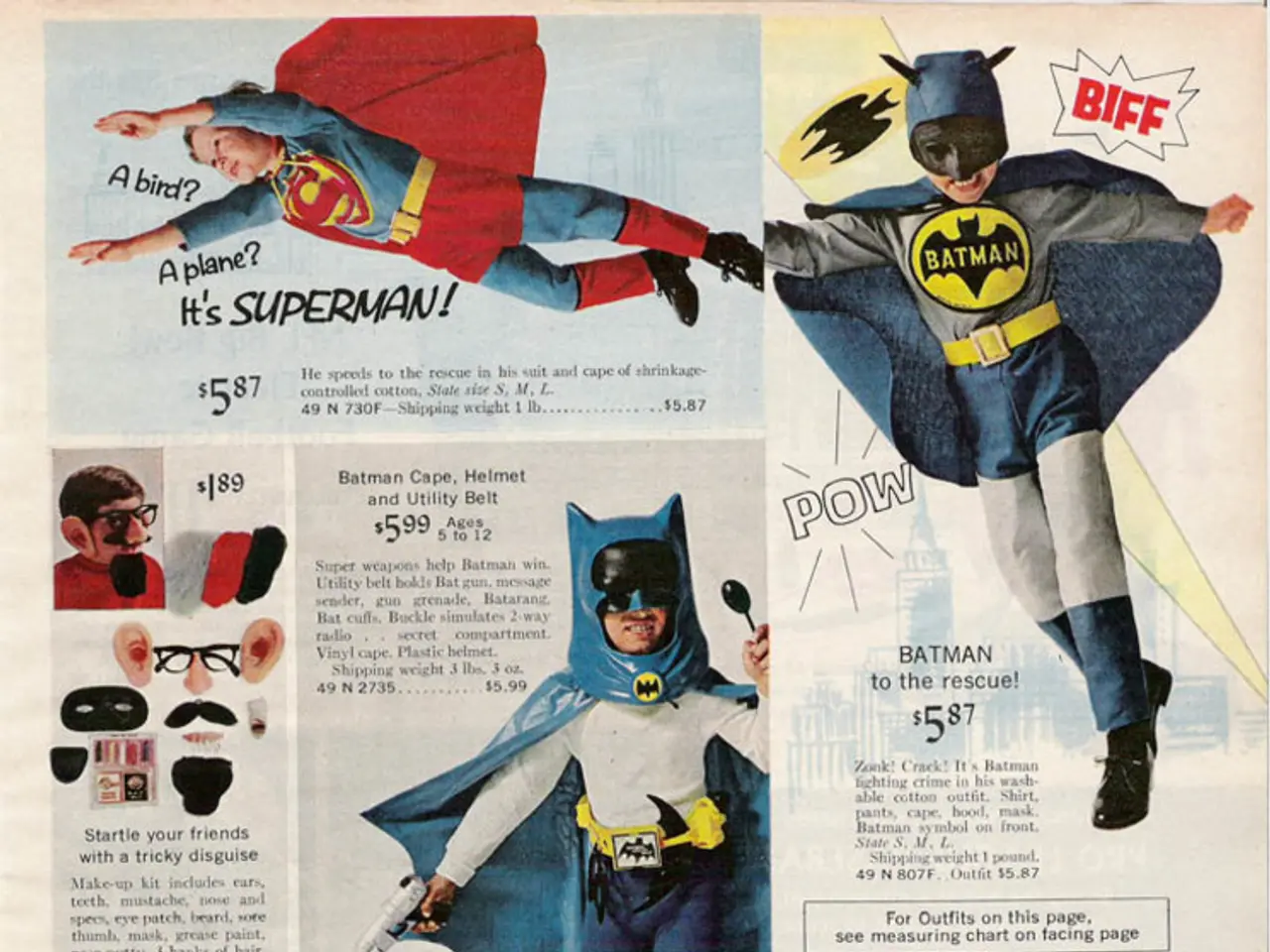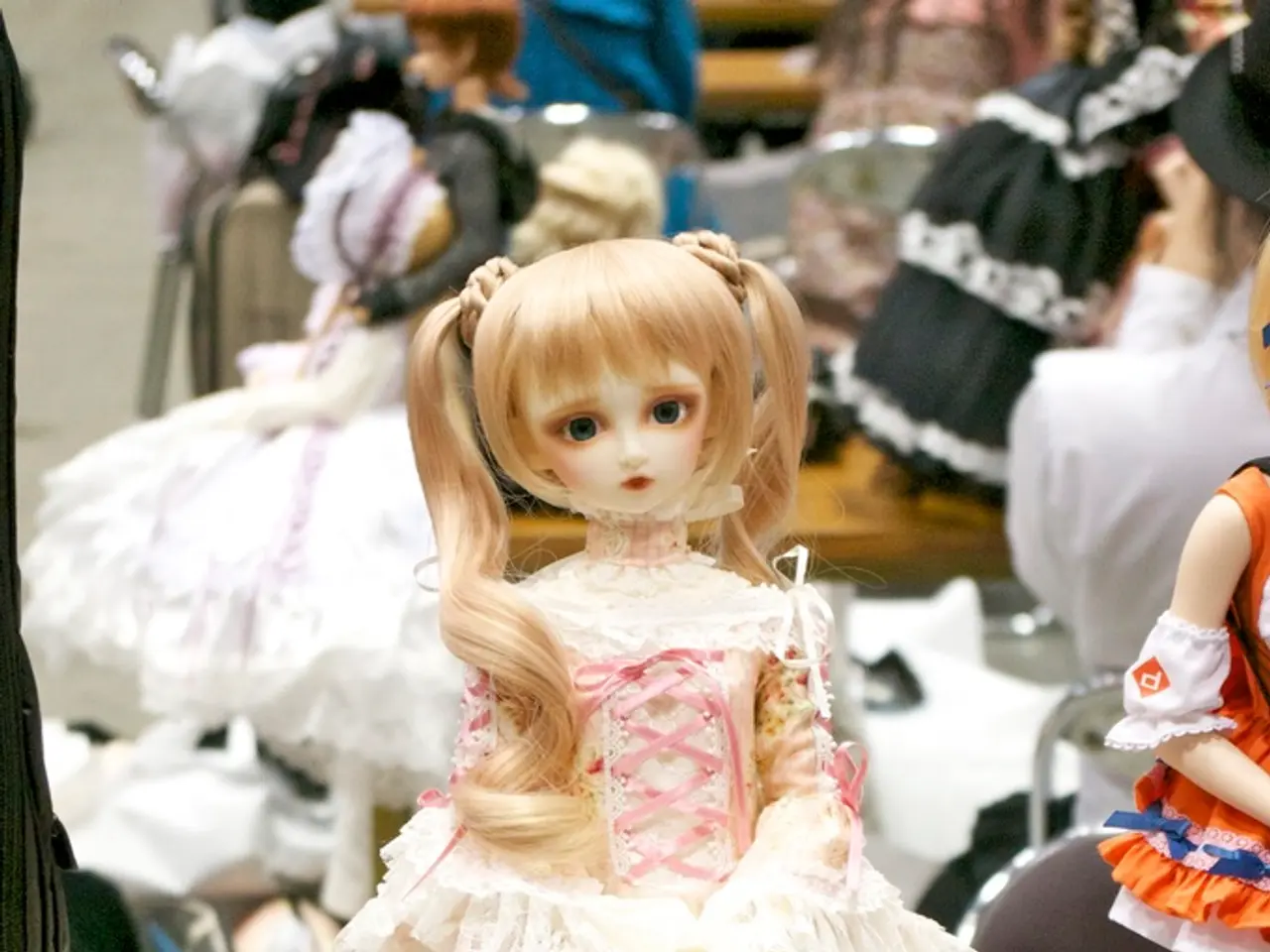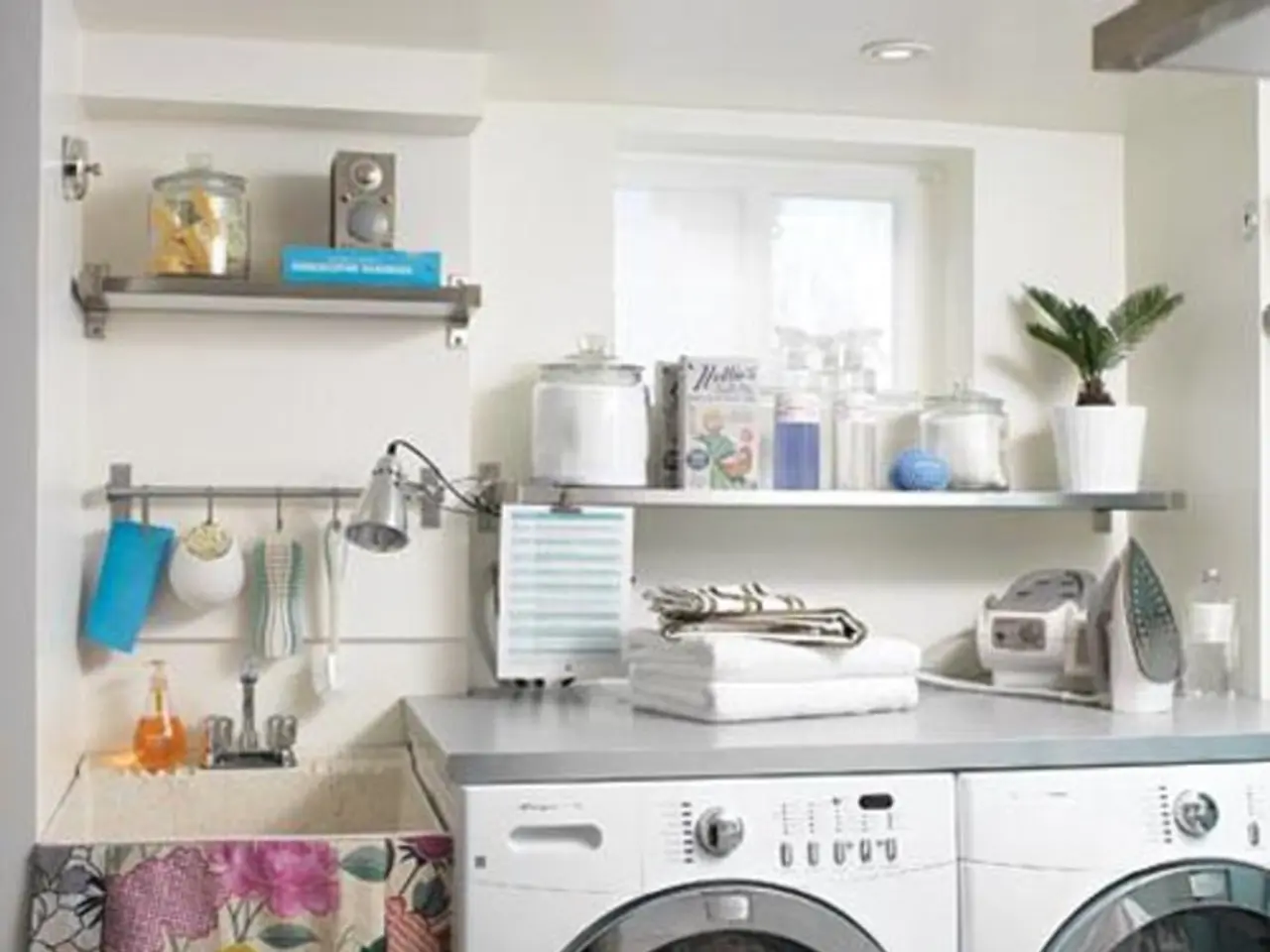Gen Z Embraces Simplistic Elegance: Prioritizing Quality Over Volume in Luxury Goods
=====================================================================
In a departure from previous generations, Gen Z is embracing a new lifestyle trend known as minimalist luxury. This approach centers on quality over quantity, purposeful living spaces, and mindful spending focused on meaningful, durable possessions rather than excess.
Gen Z values tranquility, simplicity, and intentionality. They prefer owning fewer but higher-quality items that bring calm and significance to their environments. This rejection of the "more is more" mindset, as well as the hustle culture and clutter often associated with millennials and boomers, is a defining characteristic of Gen Z's lifestyle.
Unlike millennials, who often sought experiences and Instagram-worthy possessions as markers of success, sometimes accumulating many items or striving for maximalist living, Gen Z prioritizes work-life balance over salary. A study shows that 68% of Gen Z prioritizes work-life balance compared to only 42% of millennials at the same age.
Gen Z's minimalist luxury involves living in small, purposeful spaces, such as studio apartments, with only essential items. They dedicate time to researching purchases, examining reviews, and saving for particular items. This approach extends to digital living, with Gen Z curating their digital lives with intention, using phone usage apps, meditation subscriptions, and taking weekend "digital sabbaths."
The minimalist lifestyle is becoming a generational defining characteristic, demonstrating that it's possible to thrive with minimalism, maintain balanced work hours, and create a fulfilling life. Gen Z prefers small apartments in walkable city areas over suburban homes.
Gen Z's luxury is quiet, restrained, and authentic, reflecting "stealth wealth" or "quiet luxury" with an emphasis on craftsmanship, sustainability, and timelessness. This differs from boomers, who traditionally valued accumulating possessions as symbols of status and security.
In fashion, there is some tension as the 2026 trend predicts a shift by Gen Z towards maximalism — bold, layered, expressive styles — showing their complexity and refusal to blend in, which contrasts with the minimalist luxury lifestyle that emphasizes calm and restraint.
The cost of a product is not just monetary for Gen Z, but also includes ecological effects, time needed for upkeep, and mental effort involved in managing and storing products. This perspective makes buying less a form of activism, especially when climate change dominates news cycles.
Gen Z frequently makes a greater initial investment for products that align with their beliefs, such as sustainable materials, ethical manufacturing, and classic design. They prefer one high-quality item over multiple mediocre ones, such as a $80 perfect white t-shirt instead of eight cheap ones.
The minimalist movement is related to wider issues, such as sustainability, mental well-being, and economic disparity. When housing expenses take up a large portion of earnings, opting for a smaller area can be a sensible and reflective decision. Gen Z invests in experiences and services that enhance well-being or save time, such as cleaning services, meal services, therapy, and yoga lessons.
In essence, Gen Z’s minimalist luxury approach marks a generational pivot towards meaningful possession, mental well-being, and sustainability, standing in contrast with both baby boomers’ accumulation of goods and millennials’ hustle-driven acquisition of material and experiential wealth. Their luxury is defined by intention, subtlety, and quality rather than volume or ostentation.
[1] Millennial and Gen Z Consumer Trends [2] Quiet Luxury: The New Face of Gen Z's Wealth [3] The Rise of Minimalist Luxury [4] Gen Z's 2026 Fashion Trends Predictions
News reports are highlighting the new consumer trends among Gen Z, as theyEmbrace a minimalist luxury lifestyle, focusing on quality, simplicity, and sustainability. In contrast to other generations, Gen Z's culture values tranquility and intentionality, with a preference for owning fewer, high-quality items for their home-and-garden spaces and personal style.
Gen Z's lifestyle choices have significant implications for various industries, as they prioritize work-life balance, experiences, and meaningful possessions, reshaping ideas about luxury to be quiet, restrained, and authentic. This new mindset is being discussed in articles on millennial and Gen Z consumer trends, quiet luxury, the rise of minimalist luxury, and predictions for Gen Z's 2026 fashion trends.




